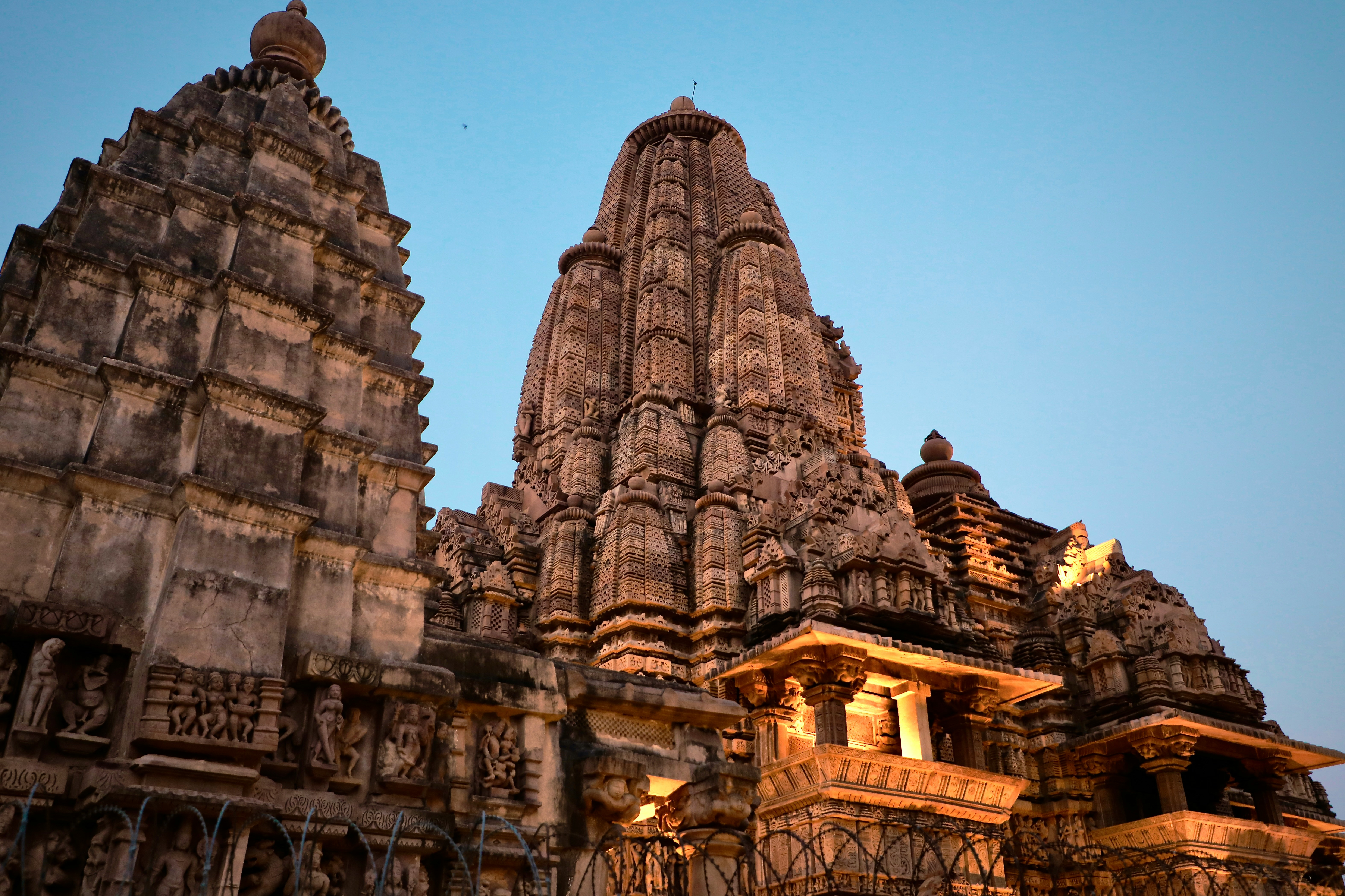Benefits Of Spiritual Tourism
Can you recall the last instant when you took some time out of your busy schedule and connected with yourself? In today’s hectic world, there’s hardly any time to relax and revitalize our minds and souls. While travel and spirituality are two effective ways of achieving it, spiritual tourism combines the best of both worlds and offers a rewarding experience. Let's get to know it in detail and understand the benefits of spiritual tourism.
What is Spiritual Tourism?
Simply put, it’s a type of tourism that primarily involves traveling for religious and spiritual purposes. It includes visiting places of worship, undertaking pilgrimages, and conducting associated ceremonies. Also known as religious or faith tourism, it covers attending special retreats and workshops centered around practices like yoga, meditation, and others.
Today, it is one of the most popular forms of tourism, especially for people hailing from South and Middle East Asia, as well as Europe. Many tourists from the USA and other developed nations are opting for spiritual travel as well.

Benefits of Spiritual Tourism
Now that we’ve had a glimpse of what it is, let’s focus on the benefits of spiritual tourism. They are listed as follows:
Improved Mental Health and Overall Well-being
Spiritual travel has the power to boost the mental and overall health of an individual. This is because the journey often involves participating in meditative practices, which reduces stress levels and brings about a sense of inner peace. Many travelers find the environment relaxing and positive enough to lift their spirits. Such sites let individuals deal with their mental stress in a better way and help them refresh their minds and souls.
Discover Local Cultures
Any type of tourism involves stepping out of one’s comfort zone and seeing a new part of the world, and spiritual tourism is no exception. It allows travelers to fully immerse themselves in the cultural fabric of the place. From local rituals to breathtaking worship sites, this form of tourism brings people closer together and offers a glimpse of the particular region’s heritage. Learning about the local customs and traditions helps individuals appreciate the vast cultural diversity around them.
Develop a New Perspective
Traveling often offers new perspectives of looking toward our heritage and rituals. Many travelers newly witness a particular culture during their spiritual tours. Interacting with locals, witnessing their day-to-day lives, and participating in their celebrations offer tourists a fresh viewpoint. Spiritual tourism, in this way, helps to see the world through a unique new lens and broaden the horizon of one’s knowledge.
Reconnecting with One’s Roots
For some, spiritual travel can also offer an opportunity to briefly return to their cultural and religious heritage. Many individuals stay outside their homeland in search of a new lifestyle. Some are born in foreign cultures and have to adjust according to their customs. Over time, such individuals, and by extent, their future generations, lose touch with their own cultural identity. By learning about the history and teachings of one’s faith and participating in age-old rituals, travelers may feel a renewed sense of connection with their roots. This can bring a sense of pride and belonging to them.

Finding Life’s Purpose
One of the most significant benefits of spiritual tourism is the possibility of finding clarity about one's life purpose. Many individuals feel lost about their purpose in life and undergo an existential crisis. Spending time in spiritually enriching environments allows them to explore their inner self and better understand what they wish to do. This experience often helps people connect with a higher purpose and live a more goal-oriented life.
Spiritual Tourism in India
India is one of the most sought-after destinations for spiritual travel. According to the Ministry of Tourism, over 3.47 million foreign tourists arrived in India as of April 2024. Most tourists visiting India explore its rich cultural heritage, especially historic temples, monuments, and spiritual retreats.
Some of the most popular destinations in India for this form of tourism are the cities of Varanasi, Rishikesh, Amritsar, Chennai, Kochi, Indore, Mount Abu, Haridwar, Bodh Gaya, Ujjain, and Kolkata, among others. Apart from these cities, travelers also opt for pilgrimage tours all across the country. The Panj Takhts, the Char Dham, the 3.5 Shakti Peeths, etc are some of the most popular pilgrimages that India offers.
Summing Up
Spiritual tourism serves as a path for individuals to escape the everyday chaos and find a sense of peace and purpose. It isn’t just about exploring destinations, but also about embarking on an inner journey that leads to personal growth. If you too wish to experience it in its most luxurious form, we at Svagata are just what you’re looking for. Come re-discover your inner self!

FAQs
Who Benefits From Spiritual Tourism?
Spiritual tourism is important for preserving local heritage and traditions. When tourists visit a place, it benefits local artisans, marketplaces, and the local economy. This form of tourism also benefits tourists as they learn about different cultures, develop a new perspective, and improve their overall well-being.
Which Indian States Are Popular Among Foreign Tourists In India?
The Indian states of Maharashtra, Gujarat, Odisha, Kerala, Goa, West Bengal, and Rajasthan are popular tourist destinations for foreign tourists.
What Is The Key Objective Of Spiritual Tourism?
The key objective of this form of tourism is spiritual betterment and connecting with one’s own mind and soul. It also encapsulates taking part in spiritually uplifting practices like yoga and meditation, among others.




